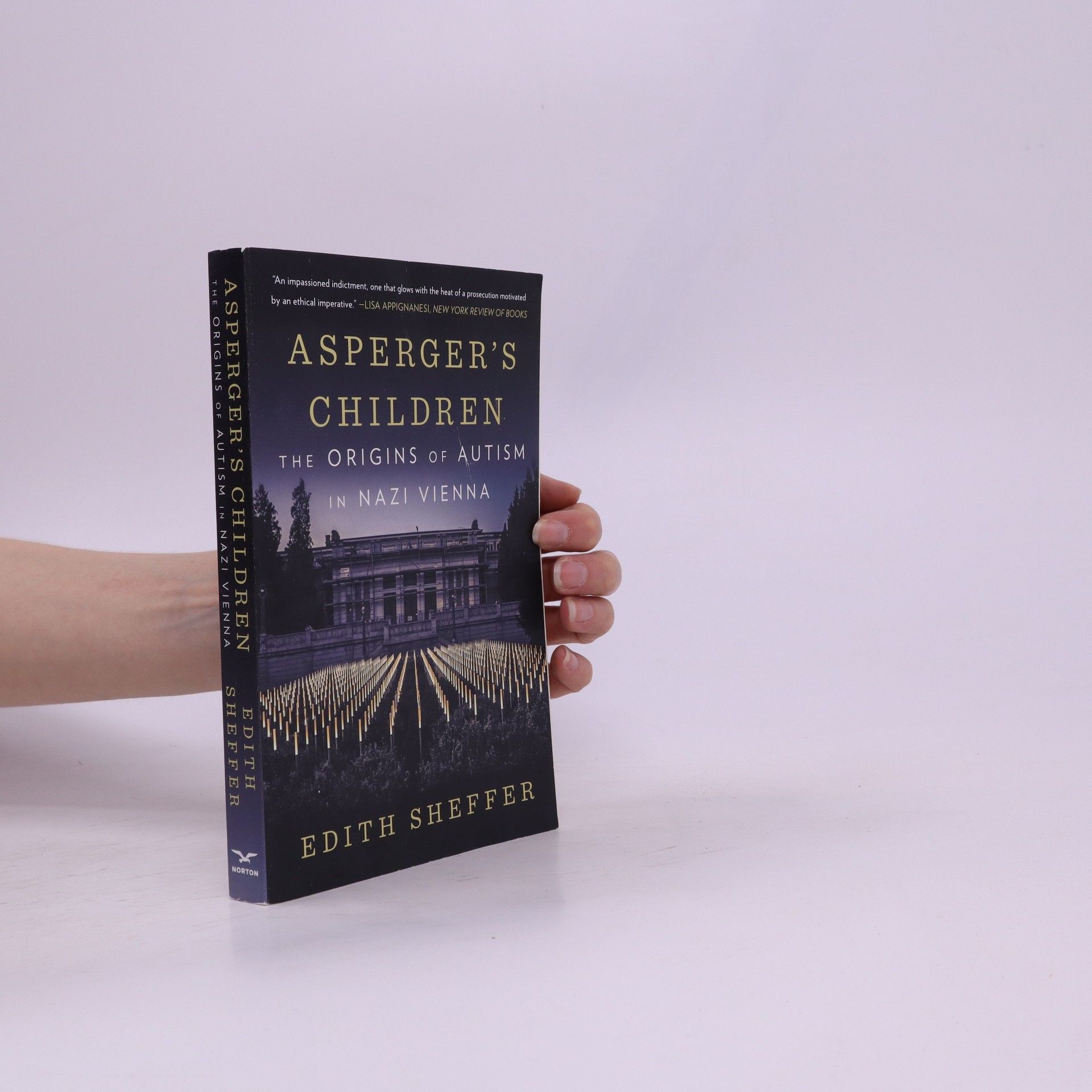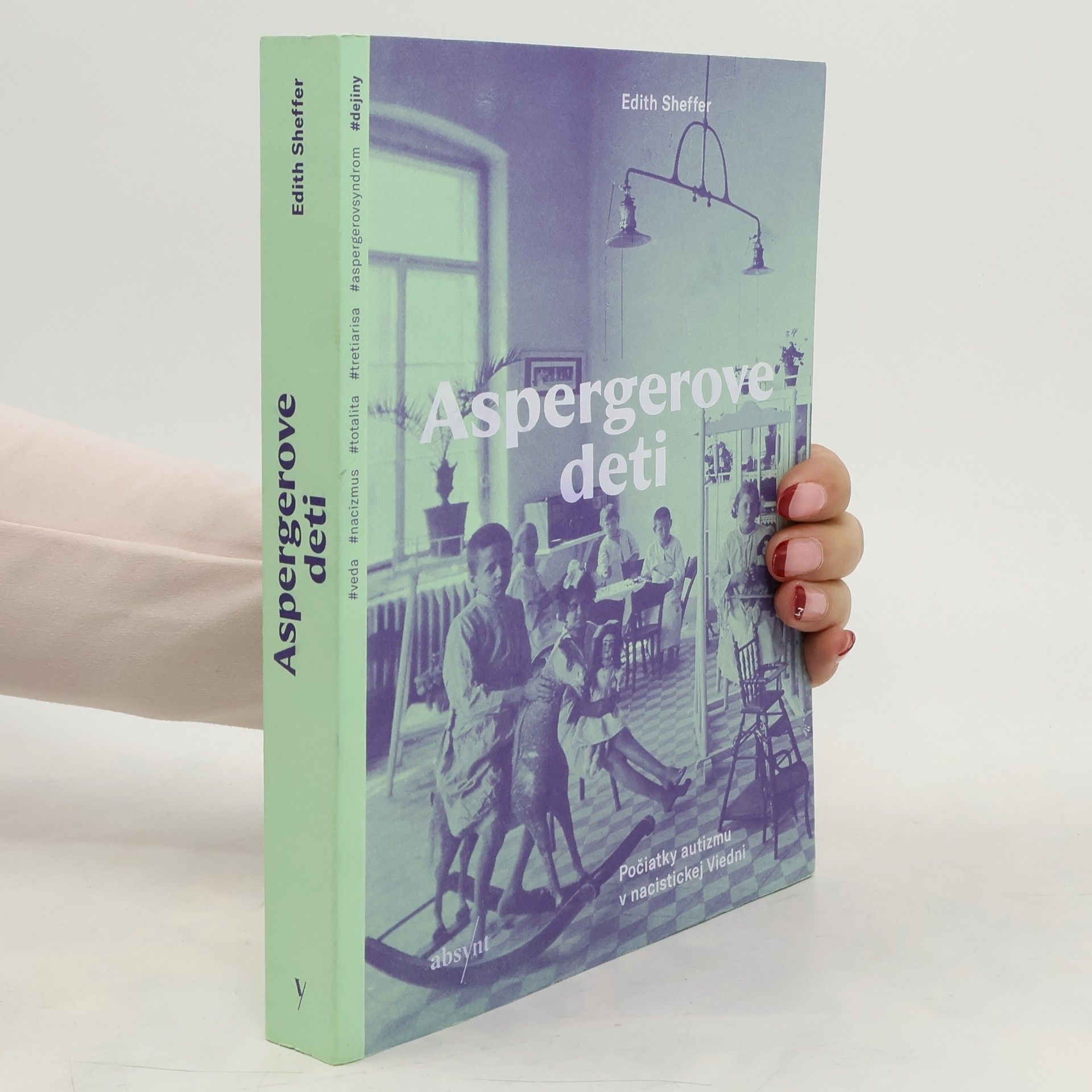Aspergerove deti: Počiatky autizmu v nacistickej Viedni
- 329 stránok
- 12 hodin čítania
Hans Asperger, priekopník výskumu autizmu a Aspergerovho syndrómu v nacistickej Viedni, bol vážený a oslavovaný pre svoju súcitnú obranu detí s mentálnym postihnutím. V prelomovej knihe Aspergerove deti však oceňovaná historička Edith Sheffer odhaľuje, že Asperger sa nielenže podieľal na rasovej politike Hitlerovej Tretej ríše, ale bol aj spoluvinníkom vraždenia detí. Keď nacistický režim počas druhej svetovej vojny vyvraždil milióny ľudí v celej Európe, selektoval ich podľa rasy, náboženstva, správania a fyzického stavu, aby ich buď liečil, alebo likvidoval. Nacistickí psychiatri sa zameriavali na deti s rôznym typom myslenia – najmä na tie, o ktorých si mysleli, že im chýbajú sociálne zručnosti – a tvrdili, že v Ríši pre ne nie je miesto. Asperger a jeho kolegovia sa snažili z niektorých „autistických“ detí vytvoriť produktívnych občanov, zatiaľ čo ostatné, ktoré považovali za neliečiteľné, presunuli do Spiegelgrundu, jedného z najsmrteľnejších centier na vraždenie detí v nacistickej Tretej Ríši. V prvej komplexne podanej histórii súvislostí medzi autizmom a nacizmom Sheffer odhaľuje, ako sa dnes bežná diagnóza vynorila zo zverstiev Tretej ríše. Vďaka živému rozprávaniu a rozsiahlemu výskumu Aspergerove deti prinútia čitateľov prehodnotiť spôsob, akým spoločnosť posudzuje, označuje a zaobchádza s osobami s diagnostikovaným postihnutím.


